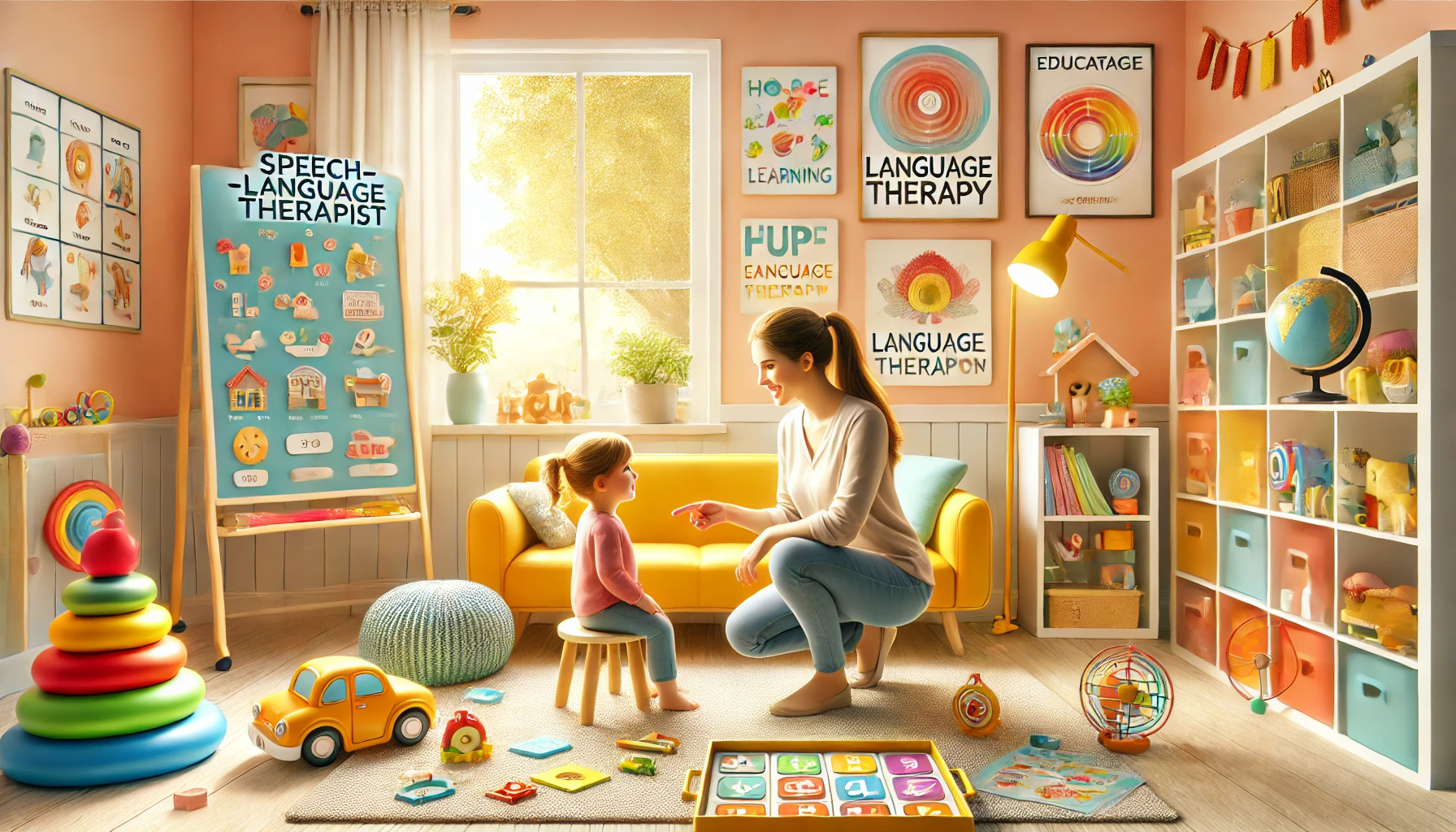
Transforming Lives: How Language Therapy Enhances Daily Interactions
Language therapy plays a crucial role in helping individuals improve their communication skills. It encompasses various techniques aimed at addressing language disorders and enhancing daily interactions. The ability to communicate effectively is vital in all aspects of life, from personal relationships to professional environments. This article explores how language therapy transforms lives by enhancing communication abilities, promoting confidence, and facilitating social connections.
Understanding Language Therapy
Language therapy is designed to assist individuals with language-related difficulties. These may include challenges with vocabulary, sentence structure, and comprehension. The therapy aims to improve both expressive and receptive language skills. Expressive language refers to how we communicate our thoughts, feelings, and ideas, while receptive language pertains to how we understand what others say.
Professionals known as speech-language pathologists (SLPs) conduct language therapy. They assess an individual’s needs and develop personalized treatment plans. These plans often incorporate activities that focus on improving specific language skills. Through consistent practice, individuals can enhance their ability to communicate effectively.
The Impact of Language Therapy on Daily Interactions
Language therapy significantly influences how individuals interact in daily life. By improving communication skills, therapy helps individuals express themselves clearly. This can lead to better relationships with family, friends, and colleagues.
Enhanced communication skills can also boost an individual’s confidence. When people feel more capable of expressing themselves, they are more likely to engage in conversations. This increased confidence can reduce social anxiety and encourage participation in group activities. As a result, individuals may find themselves more involved in social situations, fostering deeper connections with others.
Addressing Specific Language Challenges
Language therapy targets a variety of specific challenges that individuals may face. For instance, some people struggle with articulation, which affects how sounds are produced. Therapy can help these individuals learn to pronounce words correctly, improving clarity and understanding.
Others may experience difficulties with vocabulary and sentence formation. Language therapy addresses these issues by introducing new words and phrases, as well as practicing sentence structure. This process enhances overall language skills and promotes effective communication.
Language Therapy for Children
Children often benefit greatly from language therapy. Early intervention is crucial for developing strong communication skills. SLPs work with children to address speech delays, language impairments, and social communication difficulties.
By engaging children in fun and interactive activities, therapists can make learning enjoyable. Games, storytelling, and role-playing are common methods used in therapy sessions. These techniques not only improve language skills but also encourage social interactions among peers.
Parents and caregivers play a vital role in supporting their child’s progress. They can practice language skills at home, reinforcing what was learned during therapy sessions. This collaborative approach ensures consistent practice and boosts the child’s confidence in using their language skills.
The Role of Technology in Language Therapy
Technology has transformed many aspects of language therapy. Online resources, apps, and software can enhance therapy sessions and provide additional support. Many SLPs incorporate these tools into their practice, making therapy more accessible and engaging.
For those seeking support, exploring language therapy options can be life-changing. Professionals like those at talkincslp.ca offer valuable resources and expertise to guide individuals on their journey toward improved communication.
Looking Forward: The Future of Language Therapy
The field of language therapy continues to evolve. Ongoing research and advancements in technology will likely lead to even more effective treatment methods. As understanding of language disorders deepens, therapy techniques will become more tailored to individual needs.
In summary, language therapy is a powerful tool for transforming lives. By enhancing daily interactions and promoting effective communication, it paves the way for deeper connections and enriched experiences.


